Онлайн трансляция | 12 сентября
Название трансляции
- 12 сентября 2015 Название трансляции
- 12 сентября 2015 Название трансляции
- 12 сентября 2015 Название трансляции
- 12 сентября 2015 Название трансляции
- 12 сентября 2015 Название трансляции
- 12 сентября 2015 Название трансляции
- 12 сентября 2015 Название трансляции
- 12 сентября 2015 Название трансляции
articles
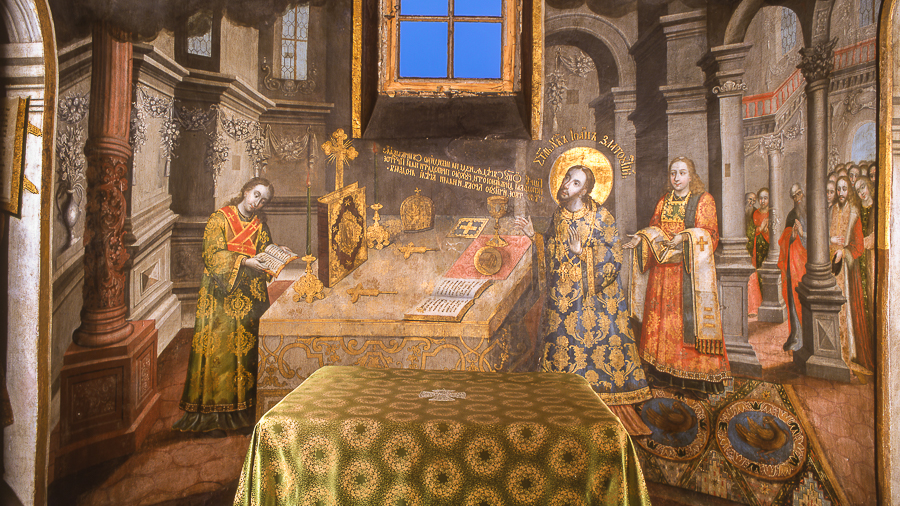
What is the Church and what is its nature?
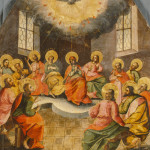 Continuation. Part One: “On the Importance of the Creed”
Continuation. Part One: “On the Importance of the Creed”
Any people’s community can be defined, be it a public organization or some kind of a social club. It is not hard to define a clear framework for the objects fully falling under our review and being rationally comprehended. That said, all is different in the definition of such a phenomenon as the Church. Its nature is not of human origin, its Founder is God-Man Jesus Christ and its essence is not only earthly, visible, but also invisible, transcendent and associated with eternity.
Therefore, it is very difficult to give an exhaustive definition to the Church, this divine-human living organism, the Head of which is the Lord Himself. We must not only know about it, we must also believe in it.
If all is so complicated, then maybe we should not think about the Church, but “just believe in God”? At least 11% of the world’s population claim to be atheists and the rest claim to be believers one way or another. However does everyone believe in the same way, or rather, believe in the Same God? The answer is obvious. Even minor differences in practicing of the faith led to new irreconcilable teachings in religions. In order to clearly define who is the Orthodox and who is not, the Church has undergone a complex sequence of dogmatic disputes and martyrdom for the truth.
 A long search for clear formulations of the foundations of the Orthodox teaching ended up with the compilation and approval of the Nicene-Constantinople Creed. As we know, in this expression of the faith, every word is of great importance. The Creed speaks primarily of the Holy Trinity, which emphasizes the importance for the cause of our salvation of a correct doctrine in relation to God. The ending of Creed text is thus expressing the need for the right belief in the true Church: this is how a brief teaching about the Church sounds. As it were to emphasize that it is not enough to know about God, but also to recognize and to belong to the Church for one’s own transformation and eternal life.
A long search for clear formulations of the foundations of the Orthodox teaching ended up with the compilation and approval of the Nicene-Constantinople Creed. As we know, in this expression of the faith, every word is of great importance. The Creed speaks primarily of the Holy Trinity, which emphasizes the importance for the cause of our salvation of a correct doctrine in relation to God. The ending of Creed text is thus expressing the need for the right belief in the true Church: this is how a brief teaching about the Church sounds. As it were to emphasize that it is not enough to know about God, but also to recognize and to belong to the Church for one’s own transformation and eternal life.
Back in the 3rd century, Hieromartyr Cyprian, who testified his love for God not only by his hierarchal service, but also by his martyr decease, spoke of the importance of church community, outlining the clear boundaries of the Church’s saving mission. “He who does not have the Church as a mother, cannot have God as a Father,” wrote Hieromartyr Cyprian. “He who is outside of the Church could only be saved if assumed that someone outside of Noah’s Ark had been saved.”
How can one know whether one belongs to the Church without knowing the clear definition of the Church? The Creed helps us giving the knowledge of the four main signs of the true Church. On the one hand, these signs distinguish the Church from all other communities, and on the other hand, suggest what it should be like.
“We believe … in one Holy, Catholic and Apostolic Church,” the well-known Declaration of Faith says to all of us right after confessing the doctrine of God the Holy Trinity.
The word “one” can confuse a person of any non-Orthodox denomination: “How do you call yourself “the one” if you have so many independent church hierarchs in different countries!” The peculiarity of the Orthodox Church is that it does not have a visible Leader. It has its Founder without Who it could not exist. In another religion anyone could be the founder, and its essence would remain unchanged. In our Church however, the Head is Lord Jesus Christ Himself Who created His Church (see Matt. 16:18). Due to this, throughout the Church history since the Day of Pentecost, the greatest miracles has been happening till these days. Despite all historical vicissitudes, the Church has managed to carry the word of the truth and the hierarchical succession for two millennia. There were times when most of the Local Churches with their primates changed into heretical teachings. At the same time thanks to a few saints who preserved the truth, the Church triumphed again, and according to the word of the Savior, His Church has never been prevailed by the gates of hell, that is, by persecutors and heretics (according to the interpretation of Blessed Theophylact of Bulgaria).
The lay people who judge the Church only from the mass media can be confused by the word “Holy” Unfortunately, the evil speaks loudly making hype and the society always talk more not about the good, but about the bad. Few people remember the words of Christ that He did come to save not the righteous, but the sinners, and He calls for everyone. Reproaching the Church for the fact that not all of the believers are sinless is the same as rebuking a medical institution for the sick and not the healthy inside it. Therefore, the Church is a society of repentant sinners rather than spiritually healthy and sinless people.
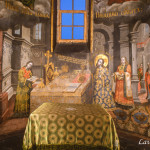 In the Church, the holy infallible teaching necessary for our salvation is securely stored as in a safe, which however does not restrict this teaching to be open to everyone, but on one condition – it is necessary to approach with faith, and not with cold mind.
In the Church, the holy infallible teaching necessary for our salvation is securely stored as in a safe, which however does not restrict this teaching to be open to everyone, but on one condition – it is necessary to approach with faith, and not with cold mind.
The Church is also the Holy, because it embraces sinless angels and the departed God-pleasers who until their last breath have kept their faith unblemished and cleansed their souls by repentance, they are all with us in the prayerful communion through the Divine grace.
One of the most complicated definitions of the true Church is Catholic or Ecumenical.
The Old Testament Church was limited in the space-time continuum, it had a rather small allocation, its history had a beginning and an end. The New Testament Church is not limited to any nation, place or time due to the fact that it is the Body of the Lord God Jesus Christ: “… there is neither Greek nor Jew, circumcision nor uncircumcision, Barbarian, Scythian, bond nor free: but Christ is all, and in all.” (Col. 3:11).
But again, the question may arise, is the Orthodox Church really Ecumenical, if there are not so many representatives of the Orthodoxy among all Christians? The concept used in the Creed speaks rather of the quality of the Church than of the number of the faithful. Each Local Church, its separate community and each representative, being Orthodox, can receive all the grace-filled Gifts, which the Lord provided to His Church two thousand years ago.
Finally coming to the Apostolic Church: from the time of the Church foundation, the complete truth has been given, developing over time to the formulation more spread and accessible for a human being. Therefore, the succession and integrity of the apostolic teaching is the most important prerequisite for the holiness of the Church.
Of no less importance for the transmission of the saving Divine grace in the Church Sacraments is the succession of the priestly and hierarchal consecrations from the apostles, the preservation of the hierarchy. Succession cannot have any other character, but can be expressed through direct ordination from the highest ranks to the lowest. Therefore, it is necessary that the name of the ruling hierarch who in his turn was properly ordained by superior hierarchs be commemorated at every divine service. “Where there is no bishop, there is no Church” — these words of Hieromartyr Ignatius the God-Bearer remind us that the fullness of the Church manifests itself visibly in the God-established hierarchy.
This most important condition for the existence of the Church has been preserved by merely a few Christian denominations, originating from the apostolic times directly from the closest disciples of Christ (see Eph. 2:20). Now it is difficult to trace, but theoretically possible following the example of Holy Martyr Irenaeus of Lyon to conduct a historical retrospective in order to “list those who, from the apostles, were appointed bishops in the Churches and their successors even before us.”
Therefore, dear fathers, brothers and sisters, let us not doubt the truth of the Orthodox Church and its salvific destination. Through temporary difficulties we will continue to see the timeless nature of its existence and trust the Providence of God, which, despite all the disasters in the stormy sea – wars and persecutions, will lead the faithful to the quiet haven of the Kingdom of Heaven!
The journalist of the Department for Information and Public Relations of the Holy Dormition Kyiv-Caves Lavra, hierodeacon Nikodim
Photographs of the ancient murals of the Trinity Gate Church and the Dormition Cathedral of the Kyiv-Caves Lavra
Редакция сайта www.lavra.ua
To signed up and receive Lavra’s emails and important news once a week.
You will be able to unsubscribe from emails at any time.
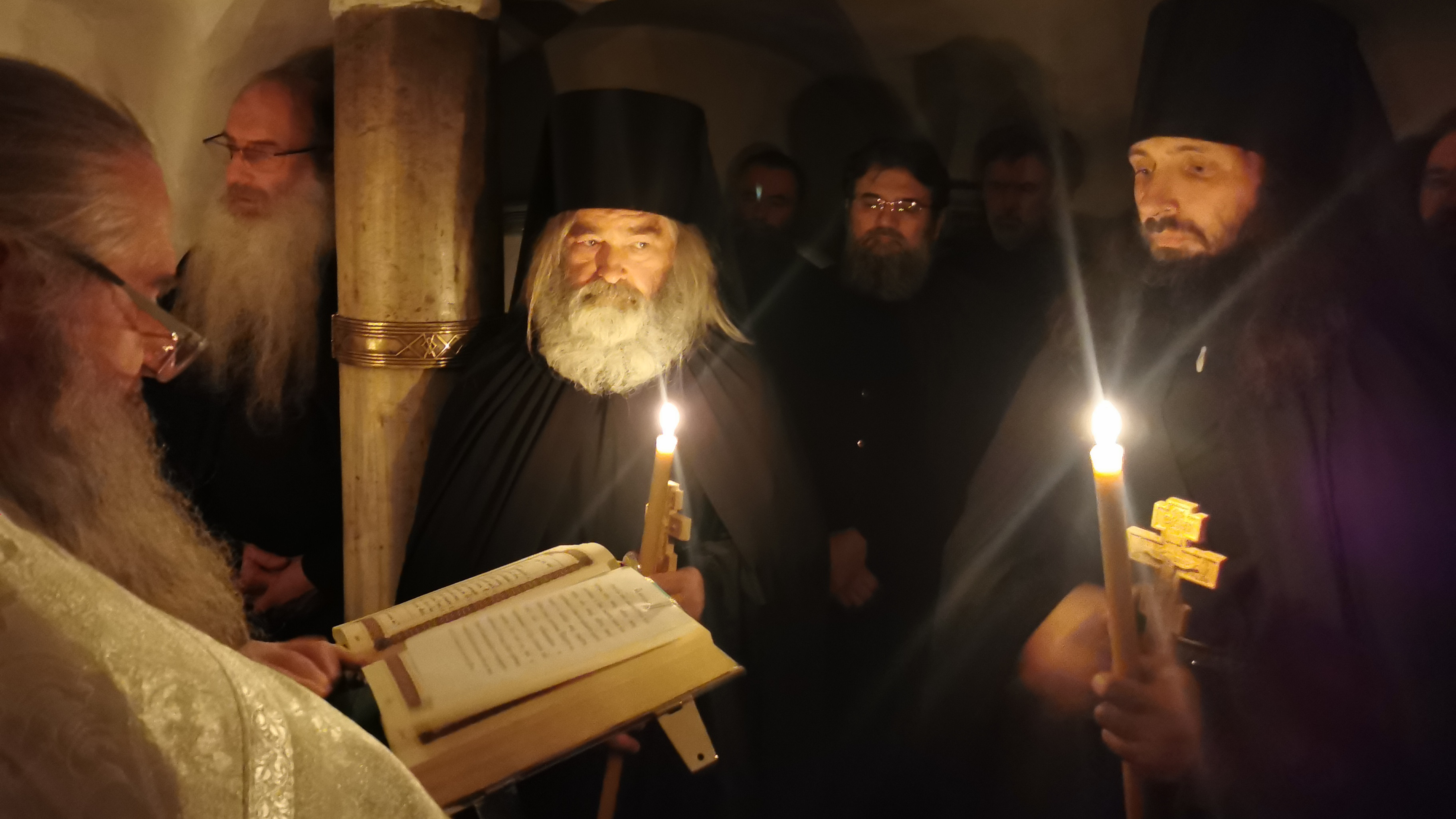
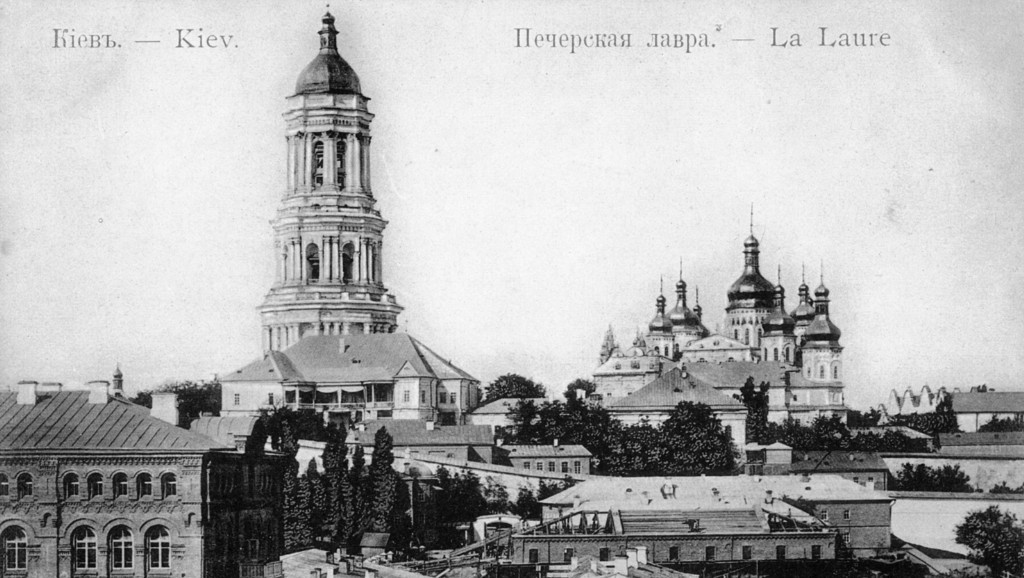

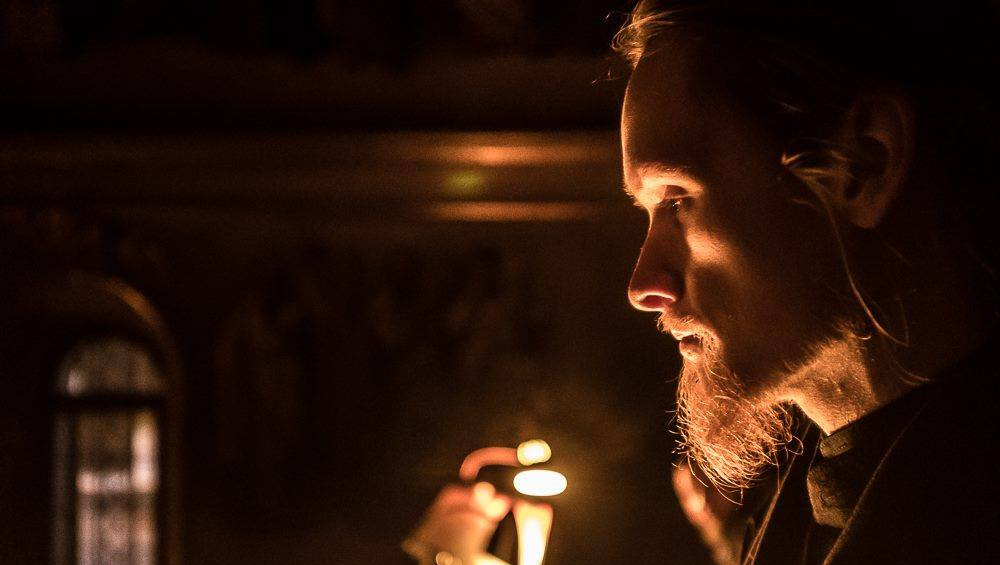

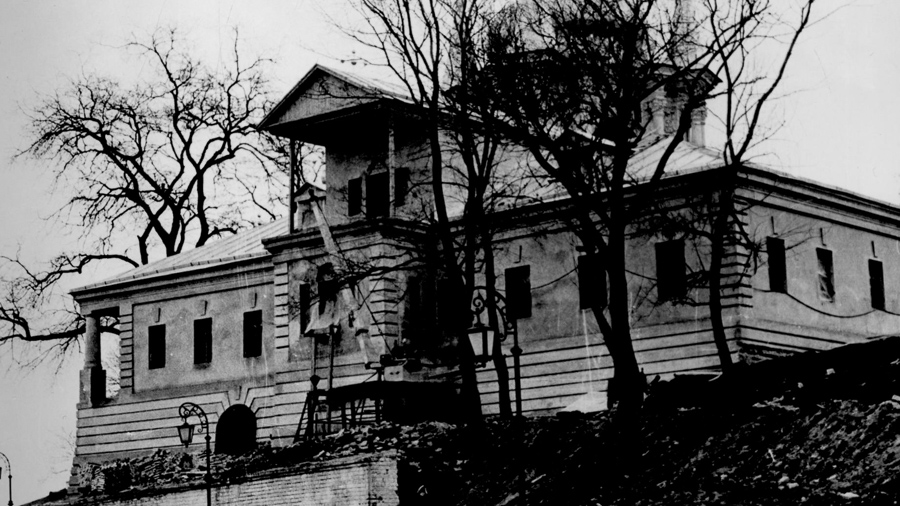
Spelling error report
The following text will be sent to our editors: